Do you say hallel on Chanukah? This is a question that has been debated by Jewish scholars for centuries. The answer, as it turns out, is not entirely straightforward. In this article, we will explore the origins of this debate, examine the arguments on both sides, and ultimately provide our own perspective on the matter.
Chanukah is a Jewish holiday that commemorates the victory of the Maccabees over the Seleucid Empire. The holiday is celebrated for eight days and nights, and is typically marked by the lighting of a menorah, the playing of dreidel, and the eating of latkes.
Origins and Traditions
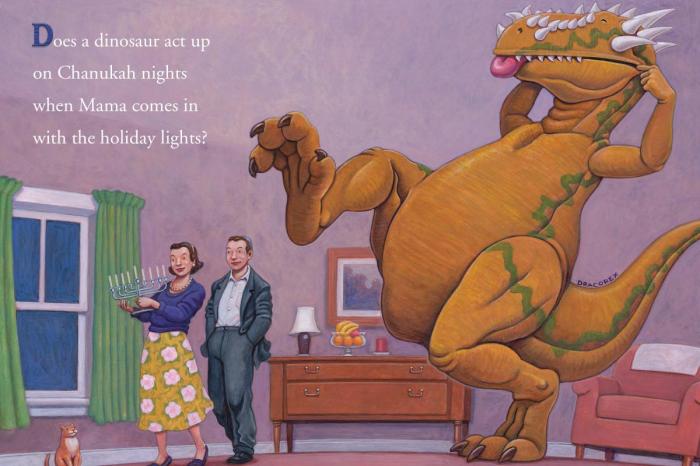
Hanukkah, also known as the Festival of Lights, is a Jewish holiday that commemorates the rededication of the Second Temple in Jerusalem after the Maccabean Revolt against the Seleucid Empire. The holiday is celebrated for eight nights and days, beginning on the 25th day of Kislev in the Hebrew calendar.
Traditional Practices and Rituals
During Hanukkah, Jews light a menorah, a candelabra with nine branches, each night of the holiday. The menorah is placed in a window or doorway so that its light can be seen by all. In addition to lighting the menorah, Jews also pray, sing songs, and eat traditional foods such as latkes (potato pancakes) and sufganiyot (jelly doughnuts).
Cultural Celebrations
Hanukkah is celebrated in different ways around the world. In the United States, Hanukkah is often celebrated with parties, gift-giving, and special foods. In Israel, Hanukkah is a major holiday and is celebrated with public menorah lightings, parades, and concerts.
Religious Significance
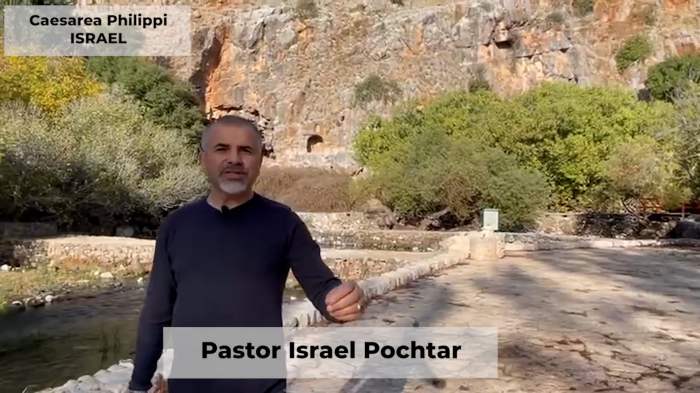
Hanukkah, also known as the Festival of Lights, holds profound religious significance in Judaism. It commemorates the victory of the Maccabees, a group of Jewish rebels, over the oppressive Seleucid Empire in the 2nd century BCE.
The Maccabees’ triumph symbolizes the triumph of good over evil, light over darkness, and religious freedom over tyranny. Hanukkah is thus a celebration of Jewish resilience, faith, and the enduring power of the human spirit.
The Maccabees
The Maccabees were a group of Jewish rebels led by Judah Maccabee who fought against the Seleucid Empire, which had outlawed the practice of Judaism. After years of struggle, the Maccabees successfully recaptured the Temple in Jerusalem and rededicated it to God.
Spiritual Themes and Lessons
Hanukkah is a time for reflection and spiritual growth. It teaches us the importance of standing up for our beliefs, even in the face of adversity. It also reminds us of the power of hope and the importance of celebrating the victories, both big and small, that we achieve in our lives.
Cultural Impact
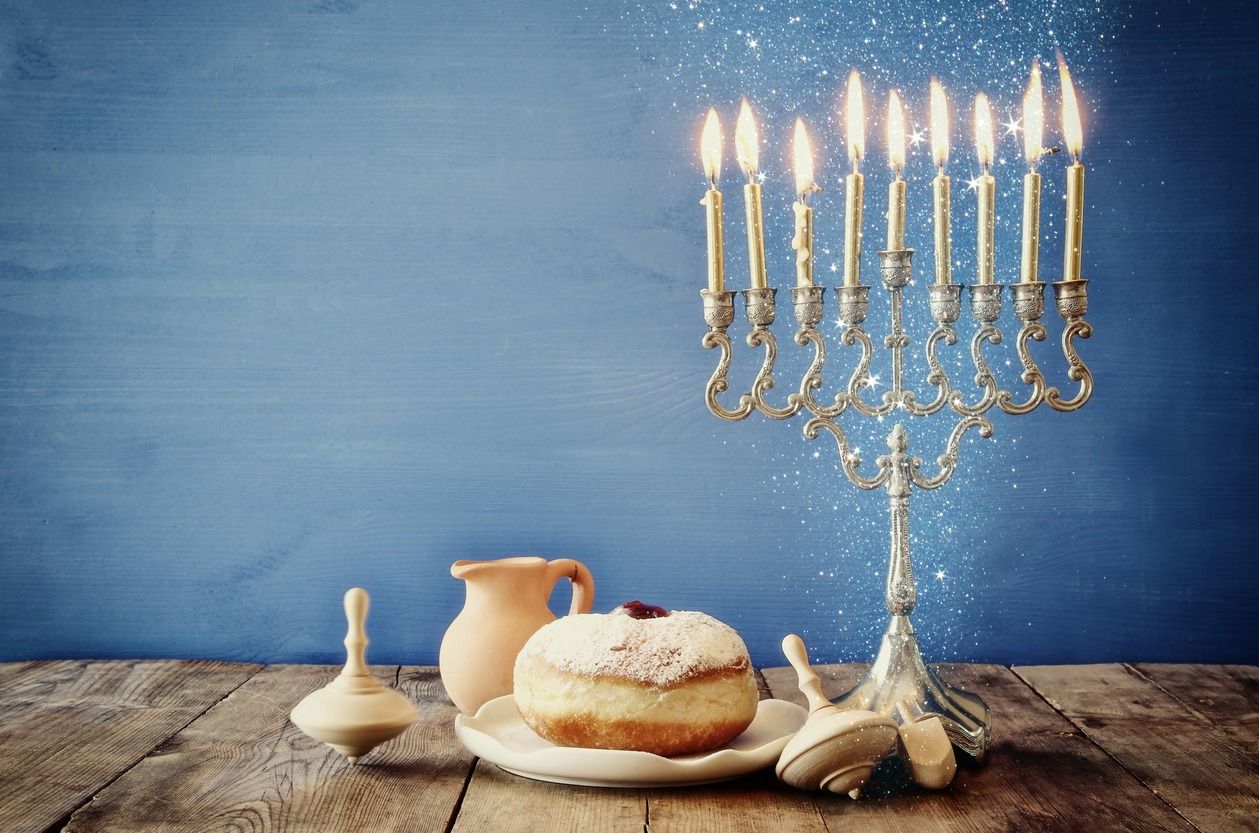
Hanukkah has had a significant impact on Jewish culture beyond religious traditions. It has inspired numerous works of art, literature, and music, and its themes and symbols have been reflected in popular culture.
When the question of whether one says hallel on Chanukah arises, it’s important to consider the broader context of Jewish liturgical practices. In this vein, one might find the discussion on unit 2 ap calc ab practice insightful. The exploration of mathematical concepts within calculus, such as limits and derivatives, offers a parallel framework for understanding the nuances of Jewish observance.
By examining how these concepts apply to the practice of saying hallel on Chanukah, one can gain a deeper appreciation for the complexities of Jewish tradition.
One of the most notable ways Hanukkah has influenced art is through the creation of menorahs. Menorahs are candelabras with nine branches, one for each night of Hanukkah. They come in various shapes, sizes, and materials, and are often decorated with intricate designs and symbols.
Literature
Hanukkah has also been a popular theme in literature. Many classic works of Jewish literature, such as Sholem Aleichem’s “Hanukkah Money” and I.L. Peretz’s “The Magician,” feature Hanukkah as a central motif.
In more recent times, Hanukkah has been explored in works by contemporary Jewish authors such as Philip Roth, Cynthia Ozick, and Jonathan Safran Foer.
Music
Hanukkah has also inspired a rich body of music. Traditional Hanukkah songs, such as “Ma’oz Tzur” and “Haneirot Halalu,” are sung by Jewish families around the world.
In addition, many contemporary musicians have written songs about Hanukkah, including Bob Dylan, Billy Joel, and Adam Sandler.
Popular Culture
Hanukkah has also made its way into popular culture. The holiday is often featured in television shows, movies, and books. For example, the popular sitcom “Friends” has featured several Hanukkah episodes, and the film “The Hebrew Hammer” is a Hanukkah-themed action comedy.
Symbolism and Meaning
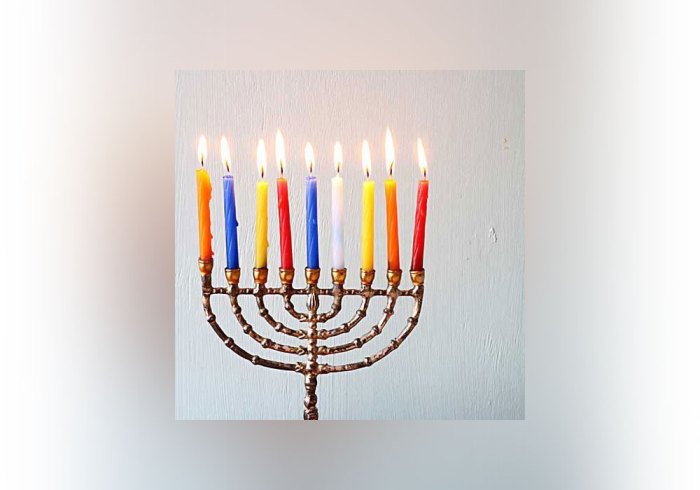
Hanukkah is a festival rich in symbolism, with each element holding deep significance in Jewish culture and tradition. Two of the most prominent symbols associated with the holiday are the menorah and the dreidel.
The Menorah
The menorah, a candelabra with nine branches, is a central symbol of Hanukkah. It represents the miracle of the oil that burned for eight days and nights in the rededicated Temple in Jerusalem. The menorah is also a reminder of the Jewish people’s victory over their oppressors and the triumph of light over darkness.
The Dreidel
The dreidel, a four-sided spinning top, is another popular Hanukkah symbol. Each side of the dreidel bears a Hebrew letter: nun (נ), gimmel (ג), hey (ה), and shin (ש). These letters stand for the phrase “Nes Gadol Hayah Sham,” which means “A great miracle happened there.”
The dreidel is used in a game where players spin it and receive prizes or forfeits based on which letter faces up.
Throughout history, these symbols have been interpreted and used in various ways. The menorah has been depicted in art and architecture, and its image has been used to represent the Jewish people and their heritage. The dreidel has become a symbol of Hanukkah festivities and is often used as a decorative item or in games.
Modern Observances: Do You Say Hallel On Chanukah
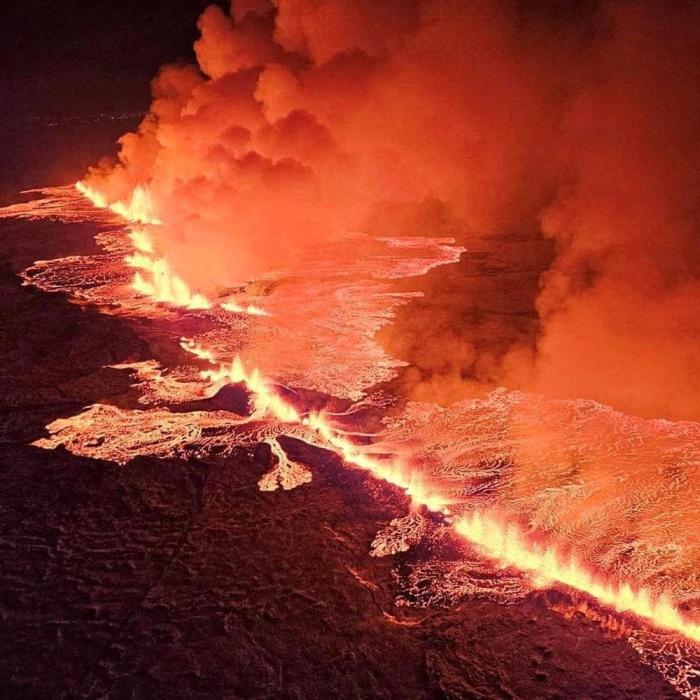
Hanukkah is observed in contemporary times with a blend of traditional practices and modern adaptations. While the core rituals remain intact, there has been an evolution in how the holiday is celebrated, influenced by cultural shifts and societal changes.
Home Celebrations
Home celebrations continue to be the heart of Hanukkah observance. Families gather to light the menorah each night, recite blessings, and sing traditional songs. The emphasis on home-centered festivities has strengthened in recent years, with many families opting for intimate gatherings over larger public events.
Community Gatherings
Community gatherings remain an important aspect of Hanukkah celebrations. Synagogues and Jewish community centers host public menorah lightings, often accompanied by music, food, and activities for children. These events foster a sense of community and shared joy.
Public Displays
In recent decades, there has been a growing trend towards public displays of Hanukkah. Large menorahs are erected in prominent locations in cities around the world, symbolizing the holiday’s message of light and resilience. These displays aim to raise awareness of Hanukkah and promote interfaith understanding.
International Celebrations
Hanukkah is celebrated in different ways around the world, reflecting the diverse cultural traditions of Jewish communities. In Israel, Hanukkah is a national holiday marked by widespread public celebrations and fireworks displays. In the United States, Hanukkah has become increasingly popular, with many non-Jewish families adopting its traditions and customs.
Comparative Analysis
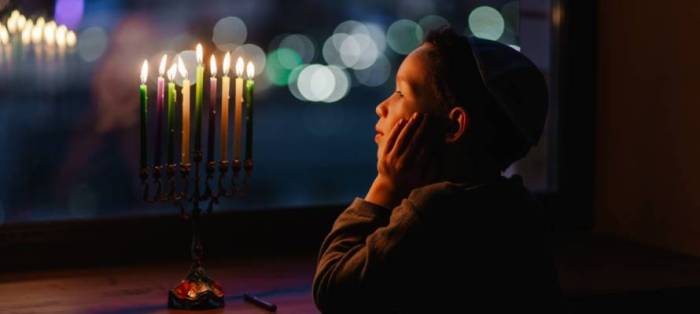
Hanukkah, Passover, and Rosh Hashanah are three major Jewish holidays that share some similarities but also have distinct traditions, rituals, and significance. By comparing these holidays, we can gain insights into the diversity of Jewish culture and beliefs.
Traditions and Rituals, Do you say hallel on chanukah
- Lighting Candles:Hanukkah and Rosh Hashanah both involve lighting candles as a central ritual. In Hanukkah, the menorah is lit for eight nights to commemorate the miracle of the oil. In Rosh Hashanah, two candles are lit on each night to symbolize hope and renewal.
- Prayer and Worship:All three holidays involve special prayers and worship services. Hanukkah focuses on gratitude for the victory over the Greeks, while Passover celebrates the liberation from slavery in Egypt, and Rosh Hashanah marks the beginning of the High Holy Days and a time for introspection and repentance.
- Feasting and Celebration:Food plays an important role in all three holidays. Hanukkah features fried foods like latkes and sufganiyot, while Passover has a traditional Seder meal with symbolic foods. Rosh Hashanah includes a festive meal with apples dipped in honey to symbolize a sweet new year.
Significance and Meaning
- Historical Events:Hanukkah commemorates the Maccabean victory over the Greeks and the rededication of the Second Temple in Jerusalem. Passover celebrates the Exodus from Egypt and the liberation of the Israelites from slavery. Rosh Hashanah marks the beginning of the Jewish New Year and a time for reflection and judgment.
- Religious Themes:Hanukkah emphasizes themes of hope, resilience, and the triumph of good over evil. Passover highlights the importance of freedom, redemption, and the covenant between God and the Jewish people. Rosh Hashanah focuses on themes of repentance, renewal, and the opportunity for a fresh start.
- Cultural Identity:All three holidays play a significant role in shaping Jewish cultural identity. They provide opportunities for community gatherings, the transmission of traditions, and the reinforcement of shared values and beliefs.
Q&A
What is Chanukah?
Chanukah is a Jewish holiday that commemorates the victory of the Maccabees over the Seleucid Empire.
When is Chanukah?
Chanukah is celebrated for eight days and nights, beginning on the 25th day of Kislev.
How is Chanukah celebrated?
Chanukah is typically celebrated by lighting a menorah, playing dreidel, and eating latkes.